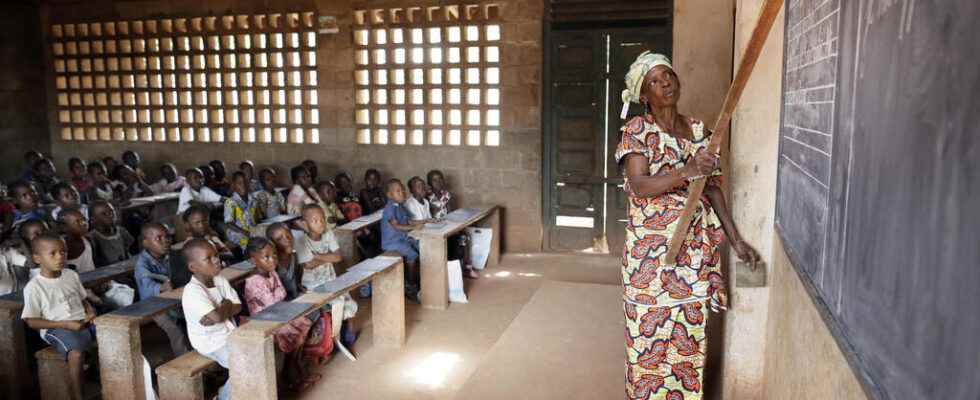At the UN, dozens of ministers from the African continent attended the High-Level Political Forum on Sustainable Development, a ten-day symposium that ended Friday, July 15. At the end of this symposium, the countries reaffirmed their commitment to meeting the sustainable development goals decided seven years ago.
From our correspondent in New York,
This year, a record number of African countries participated in the Forum. Twenty-one countries came from the African continent out of the forty-four who came to present their progress and their challenges, on the seventeen Sustainable Development Goals (SDGs)
The SDGs are the goals that the nations of the planet have set themselves to achieve by 2030, in several areas such as Education, gender equality, governance, Clean energy, aquatic life or even sustainable cities… So many indicators which serve as guides and which, as we know, in many developing countries, inspire national plans.
The pandemic has set back a lot of countries on their objectives and this worries the UN. Hence the urgency felt, even more, at this Forum, the first face-to-face, since 2019. However, the Covid-19 is not the only culprit. Above all, it reveals everything that hinders, day by day, the achievement of progress in these areas, particularly in Africa.
“Ending the world’s dependence on fossil fuels through a renewable energy revolution is the number one priority” — @antonioguterres https://t.co/X9ynuCVJps
— United Nations Environment Program (@UNEP_Francais) July 15, 2022
“Even if we are behind, I prefer to remain optimistic”
Joined by RFI, the President of the UN Economic and Social Council, in charge of these SDGs and the Forum, the Ambassador of Botswana, Vixen Kelapile, discusses these other factors. He also discusses how the UN Sustainable Development Goals inspired the Agenda.
Vixen Kelapile: Covid-19 is a factor, in addition, to all the other pre-existing challenges such as climate change which has always played a role, even before the pandemic or the impact of conflicts. Peace and security has always been a challenge that has always set Africa back in many ways.
RFI: In this trend of decline in the SDGs, it is Africa that is the furthest behind. Why ?
It shouldn’t be, since Africa is supposed to be the “richest” continent in the world, but there are things we haven’t done well in history. We should have done better to prevent conflicts. We should have organized our governance structures and mechanisms more properly. Ensure that we control and not contribute to the flow of illicit finance that leaves our continent on an unprecedented scale and such that it deprives our continent of progress in its development agenda.
Which Sustainable Development Goals have been impacted the most in recent years?
One of the objectives has been seriously and hard hit, it is objective number 4, that of the quality of Education. An important figure is that of children going to school who have lost learning time. 147 million worldwide have lost half their time in class in the past two years. But what we also really need to address is the digital divide, because for Africa, when schools are closed, they really are, because there is no way for a school to be virtual . My fear is that if we do not address distance learning, we risk creating a new problem of inequality in Education, between the countries of the North and those of the South.
How are these SDGs good guides for African countries?
In recent years, the adoption of theDiary 2063 showed that African leaders are determined to dare things, to meet challenges, to show ambitious aspirations to pull the continent forward. As an example, the African free trade agreement which has just been put in place to facilitate the possibility of trading between African countries rather than exporting raw materials which return processed at a prohibitive price, to the detriment of our own continent. So, even if we are lagging behind, I prefer to remain optimistic that these instruments will take us somewhere.
